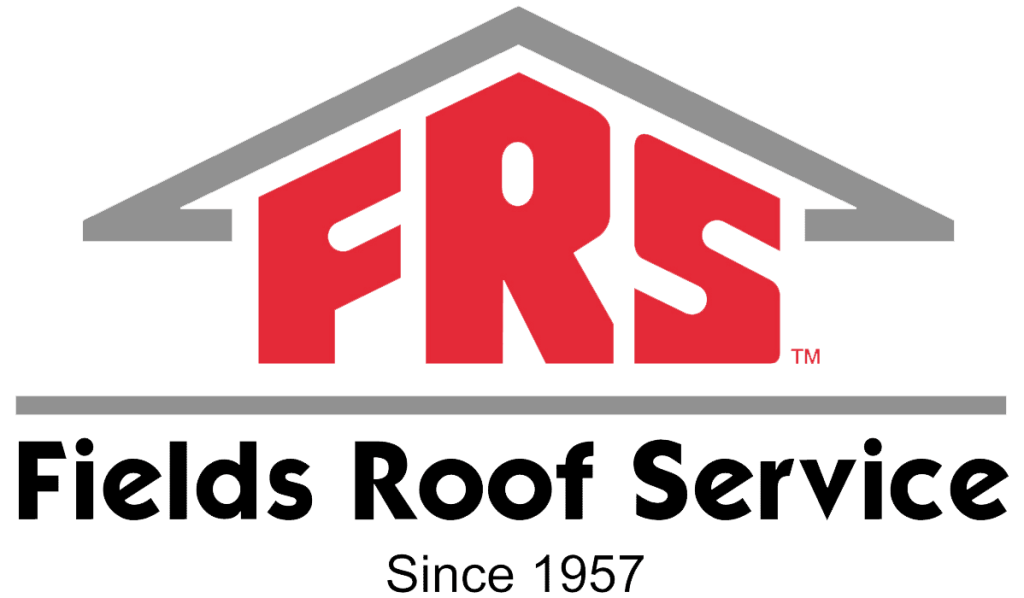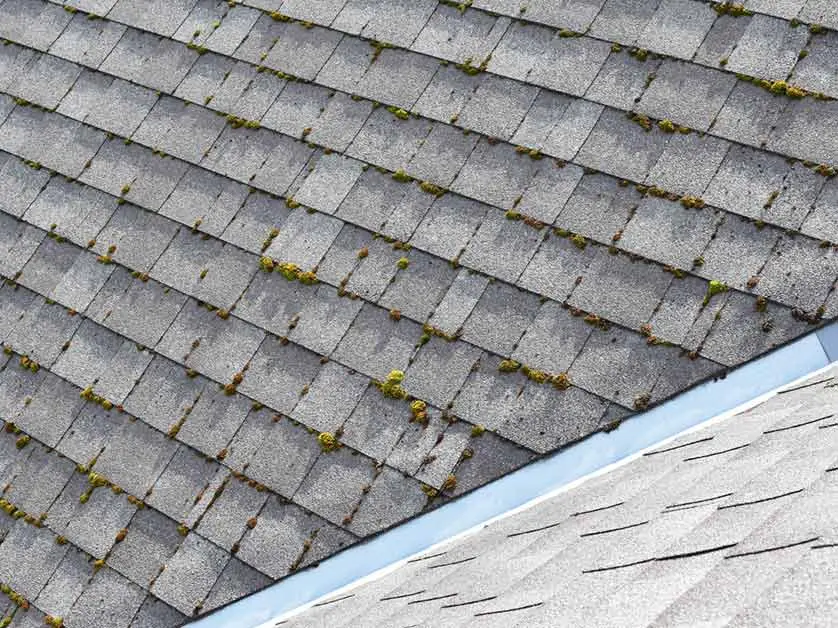A humid climate can significantly affect roofing systems, influencing the materials’ durability and maintenance frequency. Understanding these impacts is crucial for homeowners and property managers to ensure their roofs’ long-term health and functionality. In this blog post, we’ll explore how humidity affects roofing systems and provide tips on addressing these challenges.
How Humidity Affects Different Roofing Materials
Asphalt Shingles
Asphalt shingles are the most commonly used roofing material, prized for their affordability and versatility. However, high humidity can promote the growth of algae and moss, which thrive in moist conditions. This diminishes the roof’s aesthetic appeal and can cause shingles to deteriorate over time.
Metal Roofing
Metal roofing systems are highly resistant to many humidity-related challenges. They’re not prone to moss or algae and excel at shedding water. However, metal roofs can be susceptible to corrosion in highly humid environments if not properly treated or coated. Fortunately, modern metal roofs are often designed with protective coatings that minimize this risk.
Tile Roofing
Tile roofs, whether made from clay or concrete, perform well in humid conditions. Their design promotes excellent air circulation, helping to keep the roof structure dry. However, issues with the underlayment can arise if moisture penetrates the tiles, potentially leading to more significant problems.
Flat Roofing
Flat roofing systems are commonly found in residential and commercial properties. They require consistent maintenance in humid climates. Without the proper slope for drainage, water can pool on flat surfaces, increasing the risk of leaks and structural damage. Regular inspections and timely repairs are crucial to extending the lifespan of a flat roof in humid conditions.
How to Address the Effects of Humidity
Proper Ventilation and Insulation
One of the most effective ways to manage humidity’s impact on roofing systems is ensuring proper attic ventilation and insulation. This combination helps regulate temperature and moisture levels in the attic, preventing condensation that can lead to rot, mold, and mildew. This is especially important in areas with significantly different indoor and outdoor humidity levels.
Preventive Measures and Regular Maintenance
Taking a proactive approach to roof maintenance is essential. Regular inspections help identify potential issues before they turn into major problems. This includes checking for moss and algae growth, ensuring gutters are clear and functional, and looking for signs of material deterioration or damage.
Choosing the right materials and maintaining your roof’s integrity can be overwhelming. At Fields Roof Service, Inc., we’re here to guide you every step of the way and ensure your roof stays in excellent condition. Call us at (253) 852-4974 or fill out our online form for a consultation.

